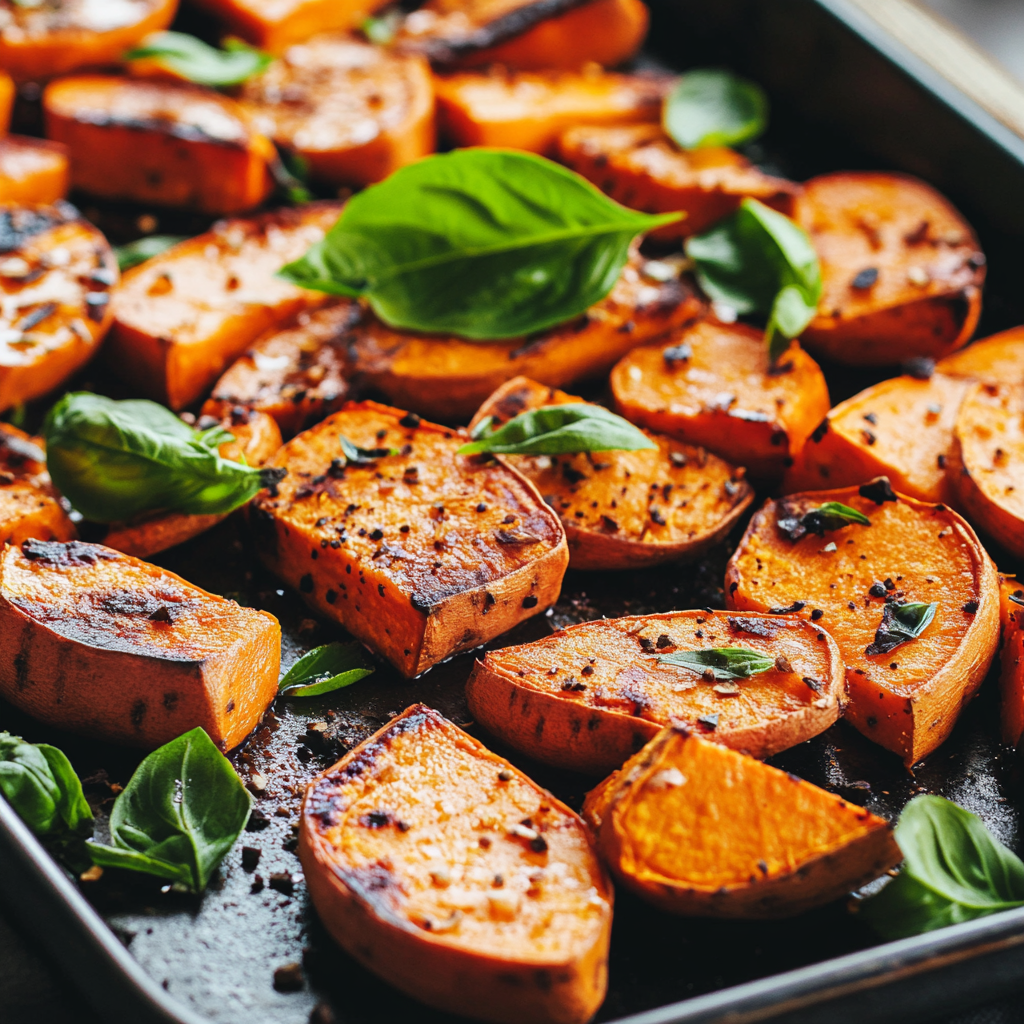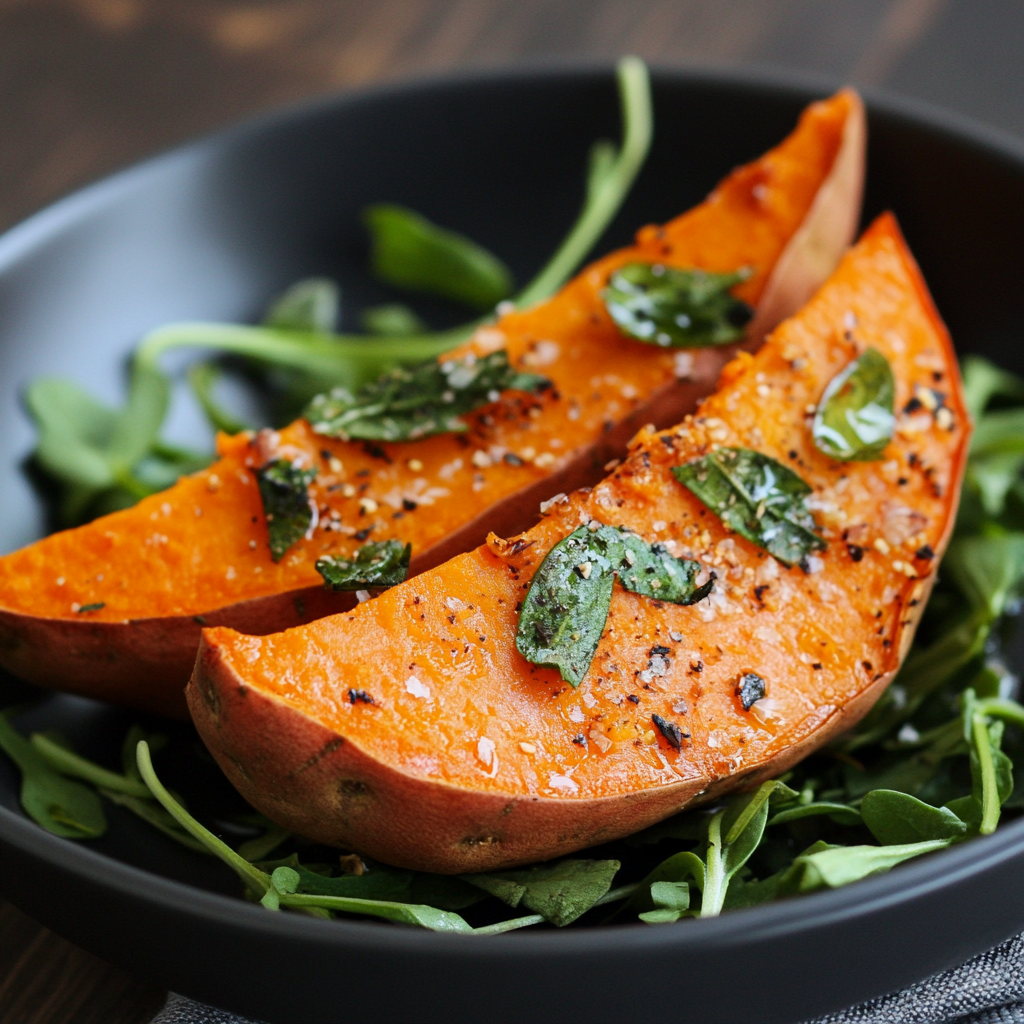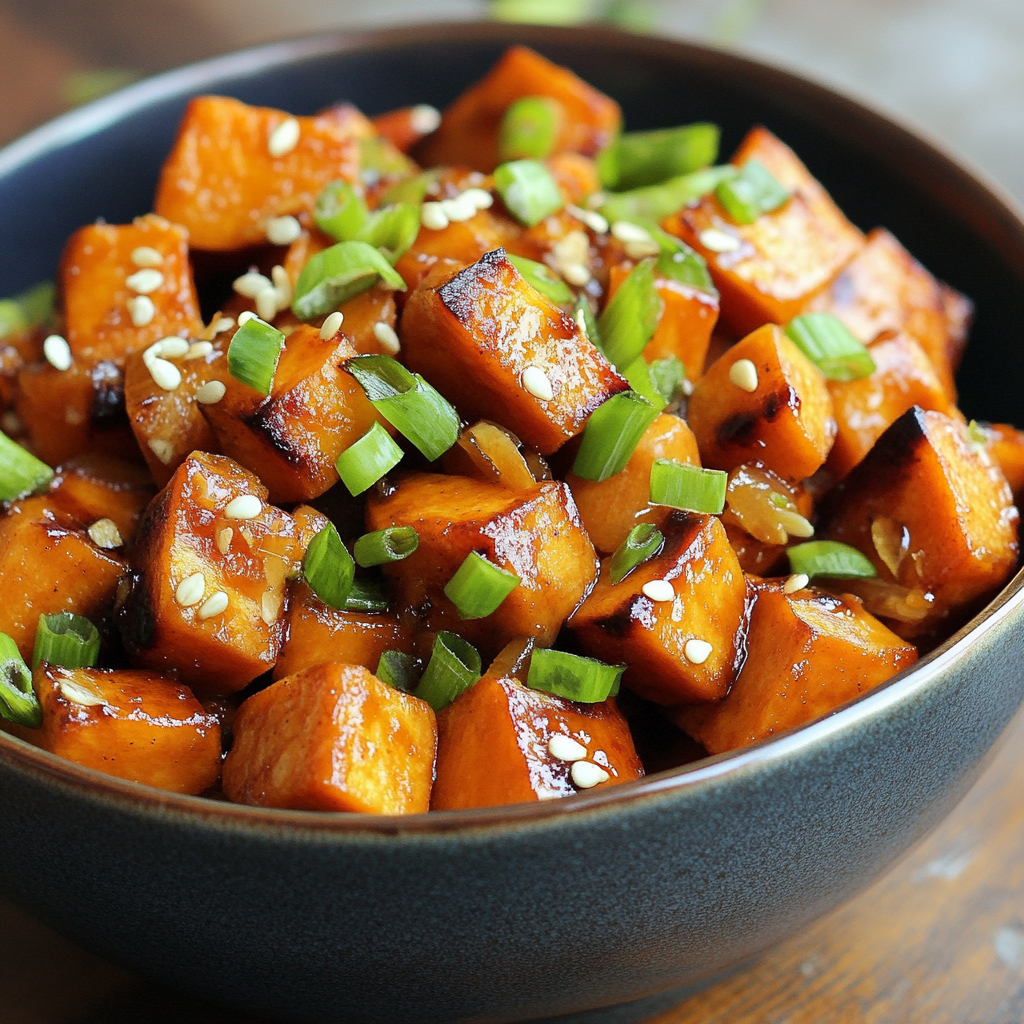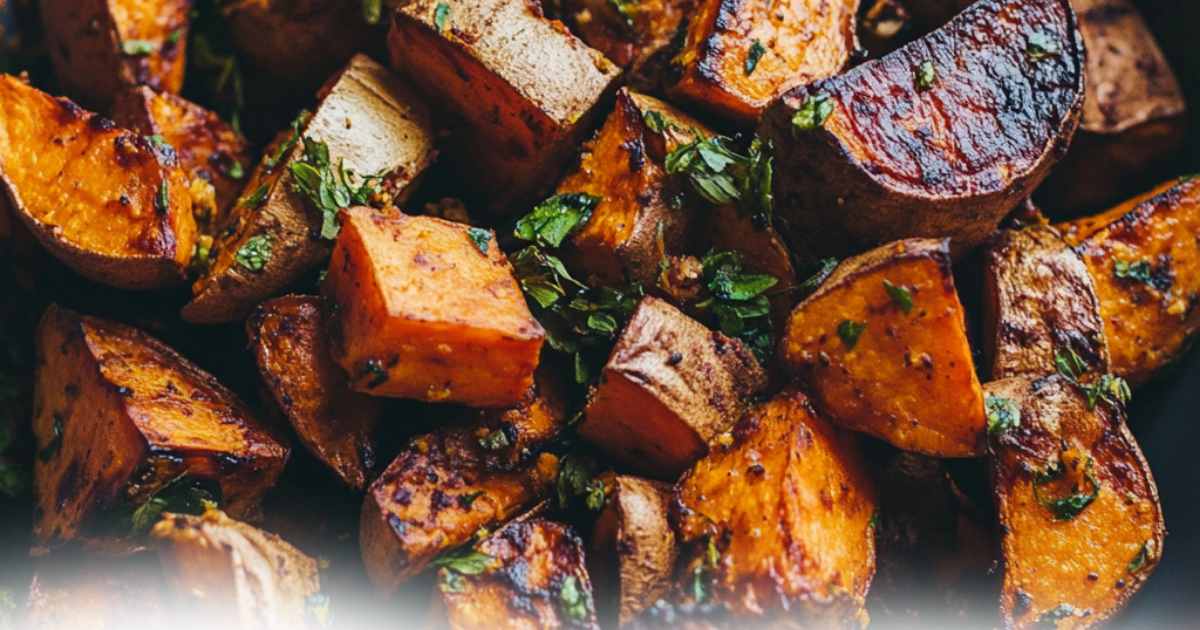Sweet potatoes are a delicious and versatile food packed with nutrients, making them a popular choice for health-conscious individuals. But what is the best time to eat sweet potato? The answer depends on your health goals, such as weight loss, muscle building, or overall well-being. Timing your sweet potato consumption can unlock its full potential and help you reap its many benefits. In this article, we’ll uncover the optimal time to eat sweet potato, explore its nutrient profile, and provide tips to incorporate it into your daily routine. Let’s dig in!
Table of contents
Nutritional Benefits of Sweet Potatoes
Sweet potatoes are often hailed as a superfood, and for good reason. They’re loaded with essential nutrients that can boost your overall health. Let’s break down the key benefits.

Why Sweet Potatoes Are a Nutritional Powerhouse?
Sweet potatoes are a treasure trove of vitamins and minerals. They’re rich in Vitamin A, which supports eye health, immune function, and skin. Additionally, they contain Vitamin C, which boosts immunity, and potassium, an essential mineral that helps regulate blood pressure. Plus, sweet potatoes are an excellent source of dietary fiber, making them a great choice for digestive health.
How Sweet Potatoes Support Digestive Health?
The high fiber content in sweet potatoes can work wonders for your gut. Whether baked, boiled, or mashed, their fiber helps promote a healthy digestive system by improving bowel movements and feeding beneficial gut bacteria. The result? Better digestion and reduced bloating.
How Sweet Potatoes Support Digestive Health?
Did you know that sweet potatoes are brimming with antioxidants? These compounds fight free radicals in the body, reducing inflammation and preventing cell damage. The vibrant orange hue of sweet potatoes comes from beta-carotene, a powerful antioxidant that converts to Vitamin A in your body, further supporting eye health.
Incorporating sweet potatoes into your diet doesn’t just satisfy hunger—it provides your body with a wealth of nutrients to keep you energized and healthy. With such an impressive profile, it’s no surprise that sweet potatoes are a favorite among fitness enthusiasts and health experts alike.
The Best Times to Eat Sweet Potatoes Based on Science
When it comes to sweet potatoes, timing truly makes a difference. Depending on when you eat them, they can fuel your body differently. Understanding the science behind this can help you decide what is the best time to eat sweet potato for your unique needs.
Why Sweet Potatoes Are a Great Breakfast Choice
Eating sweet potatoes in the morning can set the tone for your entire day. Their natural sugars provide a steady energy boost, unlike the spikes from refined carbs. Plus, their complex carbohydrates ensure you stay full longer, reducing mid-morning hunger pangs. Sweet potatoes also pair well with proteins like eggs or yogurt, making them a well-rounded breakfast option.

Post-Workout: Sweet Potatoes for Muscle Recovery
After a workout, your muscles are primed to absorb nutrients. Sweet potatoes, being a rich source of glycogen-restoring carbohydrates, can help refuel depleted energy stores. They’re also loaded with potassium, which aids in recovery and prevents cramps. Whether you bake or mash them, adding sweet potatoes to your post-exercise meal supports muscle repair and enhances endurance.
Evening: Benefits of Eating Sweet Potatoes at Night
While sweet potatoes can be enjoyed at any time, eating them in the evening has unique advantages. Their high fiber content promotes satiety, helping you avoid late-night snacking. Additionally, their magnesium content supports relaxation, which can prepare your body for a good night’s sleep. Just ensure portion sizes are moderate to prevent overloading on carbs before bed.
Timing sweet potatoes to match your energy needs ensures you get the most out of this nutrient-packed food. Whether it’s to kickstart your morning, replenish after a workout, or wind down at night, sweet potatoes adapt to your lifestyle effortlessly.
What is the Best Time to Eat Sweet Potato for Your Goals?
If you’ve ever wondered what is the best time to eat sweet potato for specific goals, the answer depends on your priorities. Sweet potatoes are incredibly versatile and can support everything from weight loss to muscle gain.
For Weight Loss
Sweet potatoes are a dieter’s dream. Eating them at lunch can help control your appetite for the rest of the day. Their low glycemic index ensures a slow release of energy, keeping you fuller for longer. Pairing sweet potatoes with lean proteins and greens enhances their benefits, making them a perfect choice for weight management.

For Muscle Gain
If building muscle is your aim, sweet potatoes can be your best ally. Consuming them post-workout provides a quick source of muscle-replenishing carbohydrates. Their combination of carbs and potassium helps speed up recovery, allowing you to hit the gym stronger the next day.
For General Wellness
Sometimes, it’s not about specific goals—it’s about staying healthy. Including sweet potatoes in your breakfast or dinner ensures you’re meeting your daily nutrient needs. Their beta-carotene content boosts immunity, while their fiber supports digestion, making them a well-rounded choice for anyone.
Whether you’re chasing fitness goals or looking for a way to stay healthy, sweet potatoes can fit seamlessly into your routine. By timing your consumption wisely, you can unlock their full potential to support your health journey.
Cooking Methods to Maximize Sweet Potato Nutrition
How you prepare sweet potatoes can greatly affect their nutritional value. Whether you boil, bake, or steam them, each method has unique advantages.
Baking vs. Boiling: Which Method is Better?
Baking sweet potatoes can enhance their natural sweetness, but it may lead to some loss of water-soluble vitamins like Vitamin C. On the other hand, boiling sweet potatoes is a top choice for preserving their antioxidant properties and lowering their glycemic index. Steaming strikes a balance, maintaining nutrients while softening their texture. If you’re aiming for maximum nutrient retention, consider keeping the skin intact during cooking—it’s packed with fiber and vitamins.

Preparing Sweet Potatoes for Meals Anytime
Sweet potatoes are versatile and easy to incorporate into any meal. From breakfast bowls to hearty dinner sides, they fit in perfectly. For example, a sweet potato breakfast bowl pairs roasted sweet potatoes with eggs and avocado for a nutrient-dense start to your day. Want to know more about delicious breakfast recipes? Check out this Sweet Potato Breakfast Bowl guide.
Choosing the right cooking method helps you get the most out of your sweet potatoes, ensuring they remain a tasty and healthy addition to your diet.
When Are Sweet Potatoes in Season?
Sweet potatoes are a year-round staple, but knowing when they’re in season can elevate your culinary experience. Understanding how to store and select them ensures their flavor and nutrients stay intact.
Seasonal Tips for Choosing the Best Sweet Potatoes
Typically, sweet potatoes are harvested in the fall, from August to December. During these months, you’ll find the freshest, sweetest varieties at local markets. Choosing in-season sweet potatoes ensures a richer flavor and better texture for your recipes.
Storing Sweet Potatoes for Maximum Freshness
Proper storage can extend the life of your sweet potatoes and keep them ready for whenever you need them. Store them in a cool, dry place, away from direct sunlight, to prevent sprouting. Avoid refrigeration, as it can alter their natural sweetness. Instead, a pantry or a breathable bag works best.
Sweet potatoes are an affordable, versatile ingredient that shines when prepared right. Whether you’re making a comforting dish or a refreshing breakfast, understanding their seasonal cycle and storage tips ensures the best results every time. For more ways to incorporate sweet potatoes into your meals, explore the culinary possibilities with sweet potato recipes.
FAQs About Sweet Potatoes
Sweet potatoes often leave people with questions about how and when to eat them. Here are answers to some of the most common queries, including what is the best time to eat sweet potato?.
Is It Okay to Eat Sweet Potatoes Every Day?
Yes, sweet potatoes are safe to eat daily as part of a balanced diet. They’re packed with vitamins, minerals, and fiber, making them a healthy choice. However, moderation is key. Too much of anything, even something as nutritious as sweet potatoes, can lead to imbalances.
Are Sweet Potatoes Suitable for People with Diabetes?
Sweet potatoes can be a smart choice for those with diabetes, thanks to their low glycemic index. They cause a slower rise in blood sugar levels compared to regular potatoes. To maximize their benefits, pair them with a source of protein or healthy fats.
What is the Best Time to Eat Sweet Potato?
The best time depends on your goals. For energy, eat them in the morning. For muscle recovery, enjoy them after a workout. If you’re aiming to stay full longer, they’re ideal for lunch or dinner.
Can You Eat Sweet Potatoes Raw?
While they’re technically edible raw, cooking sweet potatoes enhances their flavor, softens their texture, and makes them easier to digest.
Sweet Potatoes for Special Diets
Sweet potatoes are incredibly versatile, making them suitable for various dietary needs. Whether you’re following a specific diet for health reasons or personal preference, they can easily fit into your plan.
Sweet Potatoes for Low-Carb and Keto Diets
While sweet potatoes are higher in carbs compared to other vegetables, they can still be enjoyed in moderation on a low-carb diet. Pairing them with high-fat, low-carb foods like avocado or nuts can balance your meal and keep you within your carb limits. For those following a ketogenic diet, smaller portions of sweet potatoes can be a great way to introduce healthy carbs on refeed days.
Gluten-Free and Vegan Sweet Potato Recipes
Sweet potatoes are naturally gluten-free and vegan, making them a staple for people with gluten intolerance or those following plant-based diets. Their rich texture and sweet flavor can replace traditional ingredients in recipes like mashed potatoes or baked goods. Sweet potato brownies, for instance, are a delicious gluten-free dessert option.
Paleo and Whole30-Friendly Sweet Potato Meals
For those on paleo or Whole30 diets, sweet potatoes are a nutrient-dense carb source. They’re ideal for post-workout recovery meals or as part of a hearty dinner. Their simplicity aligns with these plans, focusing on whole, unprocessed foods.
No matter your dietary preference, sweet potatoes offer flexibility and nutrition, ensuring your meals stay flavorful and satisfying.

